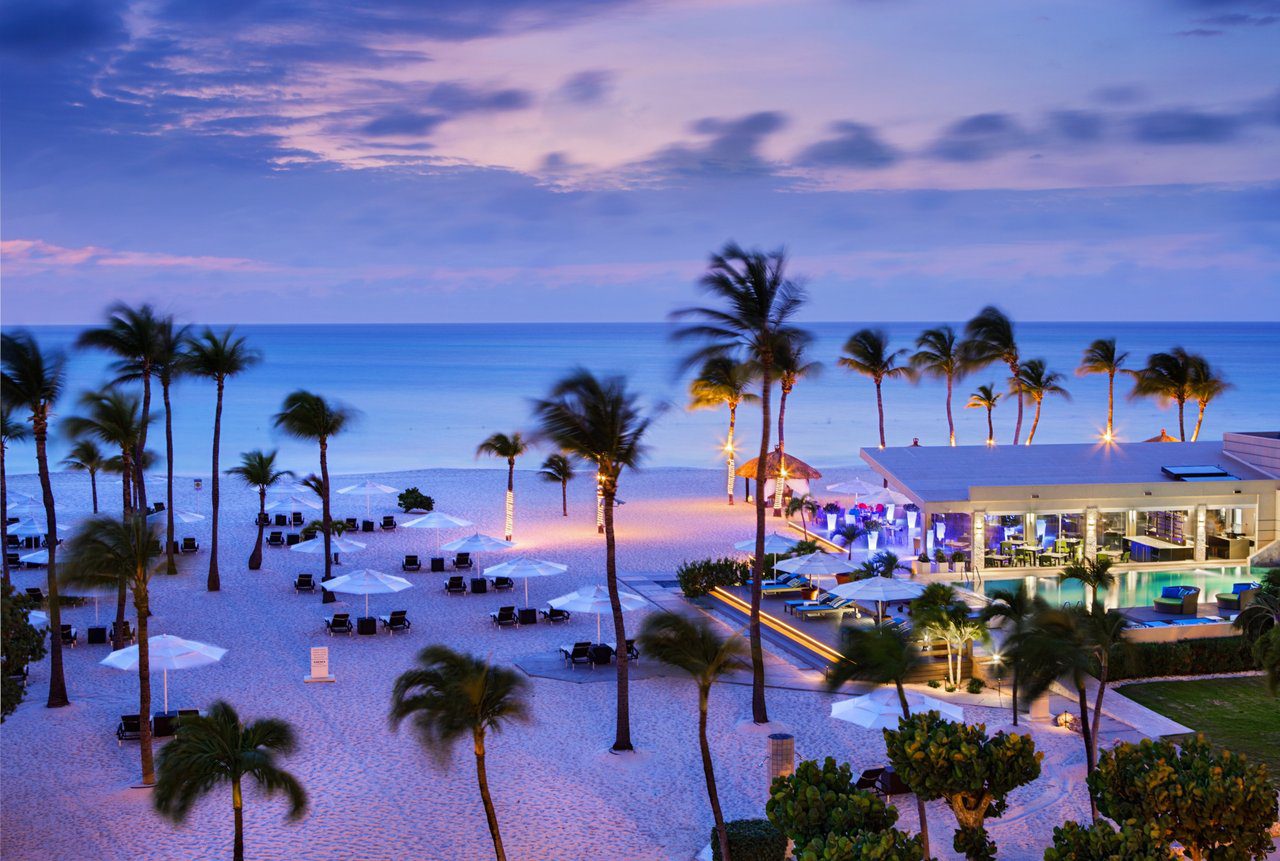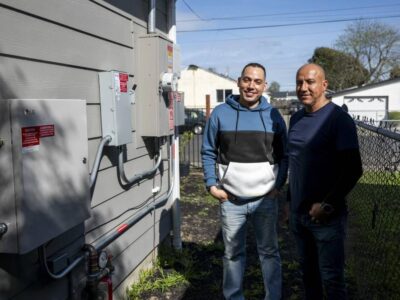Sustainable Changes In Hotel Construction And Operation Are Being Fueled By Eco-Conscious Travelers.
Eco-conscious travelers are driving hotel growth in a sustainable and socially conscious way, encouraging hotel chains to use innovative clean energy techniques to promote sustainability. These travelers – which lean toward the younger generations – are flocking toward places to stay that benefit not only the environment but create an enhanced travel experience. Whether it’s a hotel building a beehive to help the bee decline, or one using seawater for power, these innovative hotels are meeting a growing demand for green-forward travelers. In fact, 92 percent of consumers say they are more likely to trust and be loyal to hotel brands that are socially and environmentally conscious.
“Operating more sustainably can and must drive incremental profitability, and at the same time, will help us slow climate change, ensuring that these destinations we love and the ones we’re going to discover in the years to come will be viable for generations to come,” said Hilton Hotels and Resorts CEO Chris Nassetta.
The numbers certainly support a significant shift in how hotels build new properties and do business. A Virtuoso poll indicates that half of the travelers now believe it’s important to choose a hotel based on its sustainability, with more than 70 percent stating that traveling green makes a vacation a better experience.
Aruba’s Bucuti & Tara is a longtime sustainable hotel. It is the only carbon-neutral hotel in the Caribbean. The luxury property focuses on the natural resources that surround it. In French Polynesia, the five-star Brando resort uses cold water from deep in the ocean to power its air conditioning system. This process has reduced Brando’s energy demand by 70 percent. Across the globe at Switzerland’s Baur au Lac, the same air conditioning process helps the hotel inch closer to carbon neutrality.
Svart, a Norwegian hotel set to open in 2023, will be the world’s first energy-positive hotel. It will use approximately 85 percent less energy than a standard hotel and produce all of its own energy. Such energy-positive buildings could deliver 89 percent of the 45 percent decrease needed in emissions to slow global warming. Svart’s Development Director says the work they are doing has inspired other hotels around the world to follow suit.
“When we started to talk about the full sustainability, how to shake the market and the hospitality industry, people looked at us differently,” he said. “Then COVID came, and suddenly everybody starts to speak our language.”
In the UK, hotel stakeholders are swayed by the fact that the hospitality sector could save nearly $400 million by implementing new energy-saving technologies. The government’s Clean Growth Strategy program has now challenged hotels to improve their energy use by a fifth by 2030. In the United States, Las Vegas hotels MGM Grand and the Wynn use solar power to offset up to 75 percent of their energy needs.
But electricity isn’t the only change in how hotels do business. Food sources and food waste, in particular single-use plastics, now take center stage in many properties. Meanwhile, others such as the Mandarin Oriental Group and Fairmont Hotels and Resorts are creating space for hundreds of thousands of bees in terraces and rooftops across the globe to help the rapidly dying-off insects continue to pollinate plants worldwide.
All of these positive changes are starting to pay off in the quality of staff, as eco-friendly hotels are noticing an increase in new, young and interested talent with similar values.
“From a team member point of view, being an employer of choice, investing in culture, and caring about these issues helps us all attract the best talent, in turn, creating the best experiences for our guests,” Nassetta continued. “Operating more sustainability can and must drive incremental profitability, and at the same time, will help us slow climate change.”





